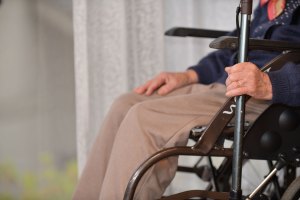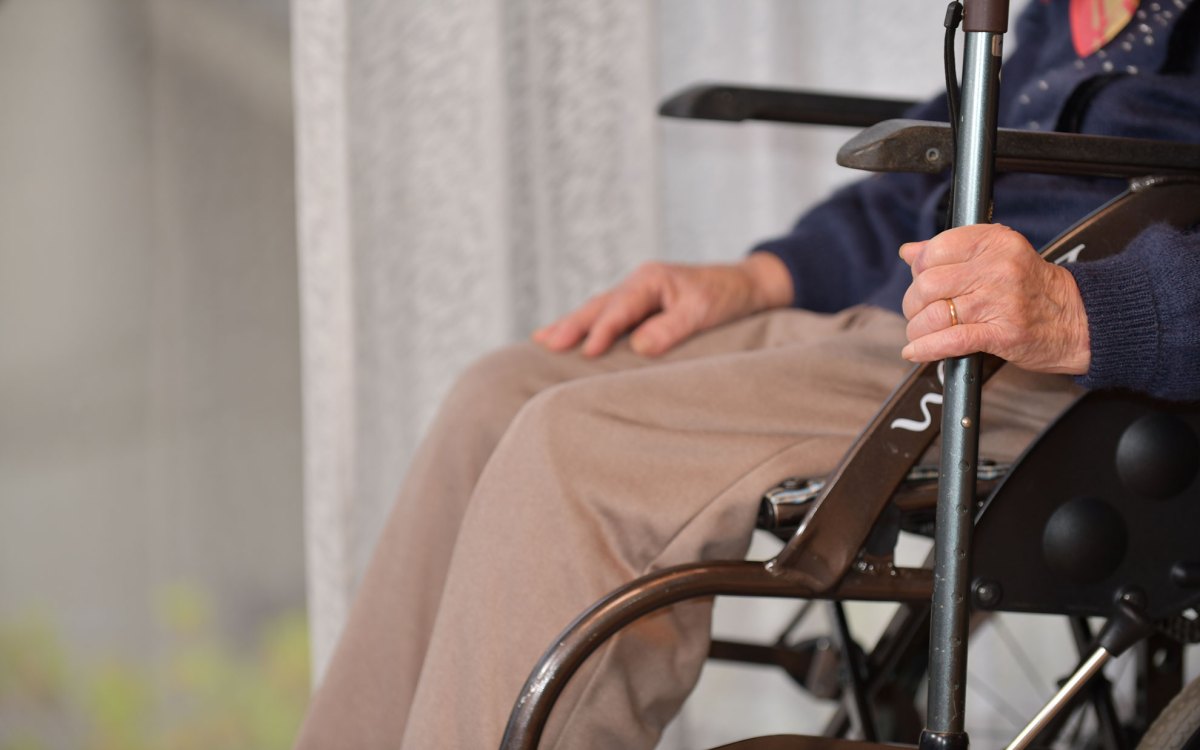Starship memories
“Alien abductees” provide clues to repressed, recovered memories
Psychologists are at odds over the idea that people can forget traumatic events then “recover” intact memories of the trauma years later. On one side are clinicians, who observe that painful memories can be repressed, banished from a trauma survivor’s consciousness until they’re “recovered” with the help of certain psychotherapeutic techniques in adulthood. Memory researchers, on the other hand, say that people don’t repress traumatic events. When people report recovered memories of traumatic events, assert these cognitive psychologists, they are most likely creating false memories. Intrigued by this debate, and its enormous political, legal, and social implications, Susan Clancy’s research led her into the world of people who believe they were abducted by aliens. Comfortable in her assumption that their experiences were false, she could test whether people who create false memories in the “real world” are also likely to create false memories in the lab. Clancy discovered that recovered-memory abductees as a group were much more likely to falsely remember a word not on a list, but suggested by it, than either of two other groups. In this laboratory test, the recovered-memory group was more prone than the other two groups to create false memories.




